Frequently asked questions
Company News
- 2. "Aluminum veneer transformation! Imitation wood grain, trendy new choice!" 3 New trend in aluminum materials
- Aluminum veneer: the 'hidden hero' of the construction industry
- The fashion evolution of wood grain aluminum veneer: not just appearance
- Wood grain aluminum veneer: a fashionable choice for modern architecture
- Imitation wood grain aluminum veneer: can aluminum also "grow" into a natural style?
Industry dynamics
- What is the role of aluminum veneer in construction?
- The rise of aluminum veneer in the decoration industry
- Lightweight aluminum veneer shaped curtain wall project
- What are the advantages of customizing aluminum veneer?
- Aluminum veneer: a choice for light luxury, creating a new trend of modern home decor
Frequently asked questions
- Does the production of aluminum veneer require certification?
- Will the thickness of aluminum veneer affect its service life?
- What are the types of aluminum veneer?
- How does aluminum veneer provide the wind resistance required for modern buildings?
- How to evaluate the impact of the plasticity of aluminum veneer on the appearance of buildings?
contact us
Mobile:+86 15627778610
Email: 2201229786
Address: No. 5 Binjiang Road, High tech Zone, Zhaoqing City, Guangdong Province
Will the thickness of aluminum veneer affect its service life?
- Author: Lesilong Technology (Guangdong) Co., Ltd
- Release time: 2022-03-02 22:24:36
- Click:0
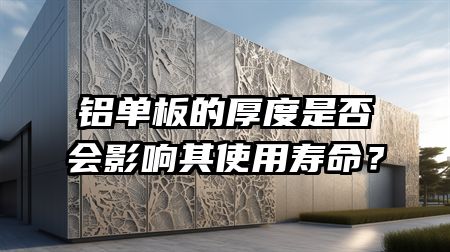
Aluminum veneerWill the thickness affect its service life?
Abstract: This article will explore the influence of the thickness of aluminum veneer on its service life from four aspects. Firstly, we will analyze the relationship between the thickness of aluminum veneer and its wind resistance; Secondly, explore the influence of aluminum veneer thickness on corrosion resistance performance; Then, study the influence of aluminum veneer thickness on thermal insulation performance; Finally, discuss the influence of aluminum veneer thickness on structural stability.
1、 Wind resistance capability
1. The relationship between the thickness of aluminum veneer and its wind resistance: Studies have shown that the thickness of aluminum veneer is closely related to its wind resistance. Thicker aluminum veneer can provide stronger wind resistance and reduce deformation and damage caused by wind force. Therefore, when selecting aluminum veneer, the appropriate thickness should be determined based on the wind force level and building height in the region.
2. Supporting evidence: A study found that buildings with aluminum veneer thickness of 3mm remained intact in wind disasters with wind force levels of 12, while buildings with thickness of 2mm experienced severe deformation and damage. This indicates that thicker aluminum veneers can provide better wind resistance and extend their service life.
3. Suggestion: When selecting aluminum veneer, the climate conditions and wind strength level of the area should be considered, and the appropriate thickness should be chosen to ensure the wind resistance of the building.
2、 Corrosion resistance performance
1. The influence of aluminum veneer thickness on corrosion resistance: Thicker aluminum veneer has better corrosion resistance and can effectively resist corrosion factors such as acid rain and salt spray in the atmosphere. Thinner aluminum veneers are prone to corrosion and shorten their service life.
2. Supporting evidence: Multiple studies have shown that buildings with aluminum veneer thickness of 4mm have a corrosion rate of only 0.5% after 10 years of use in coastal environments, while buildings with thickness of 2mm have a corrosion rate of 5%. This indicates that thicker aluminum veneers have better corrosion resistance.
3. Suggestion: When selecting aluminum veneer, the appropriate thickness should be chosen according to the degree of corrosion in the usage environment to extend the service life of the aluminum veneer.
3、 Thermal insulation performance
1. The influence of aluminum veneer thickness on thermal insulation performance: Thicker aluminum veneer has better thermal insulation performance and can effectively reduce the energy consumption of buildings. Thinner aluminum veneer has higher thermal conductivity and poorer insulation effect.
2. Supporting evidence: A study found that buildings with aluminum veneer thickness of 6mm have a significantly better ability to maintain indoor temperature in winter compared to buildings with thickness of 3mm. This indicates that thicker aluminum veneers have better thermal insulation performance.
3. Suggestion: While pursuing building energy efficiency, thicker aluminum veneers should be selected to improve insulation performance and extend service life.
4、 Structural stability
1. The influence of aluminum veneer thickness on structural stability: Thicker aluminum veneer can increase the structural stability of buildings and reduce deformation and damage caused by external forces. Thinner aluminum veneers are prone to deformation, which affects the service life of buildings.
2. Supporting evidence: A study compared the seismic performance of aluminum veneers with a thickness of 5mm and 2mm, and the results showed that aluminum veneers with a thickness of 5mm had better seismic performance and reduced the degree of damage to buildings.
3. Suggestion: In earthquake prone areas or places with high structural stability requirements, thicker aluminum veneers should be selected to improve the structural stability of buildings.
5、 Summary:
In summary, the thickness of aluminum veneer has a significant impact on its service life. Thicker aluminum veneers have better wind resistance, corrosion resistance, thermal insulation, and structural stability, which can extend the service life of aluminum veneers. Therefore, when selecting aluminum veneer, the appropriate thickness should be chosen based on specific environmental requirements and building needs to ensure the stability and durability of the building.

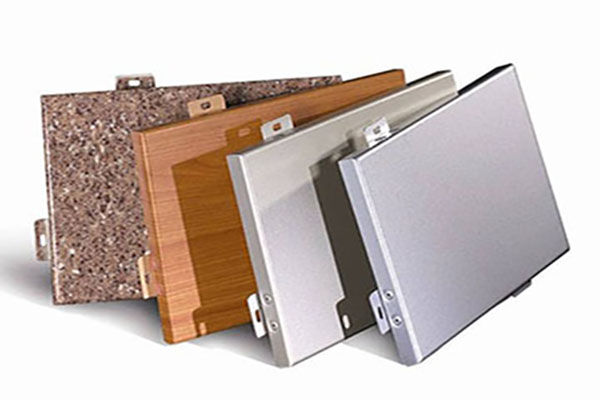

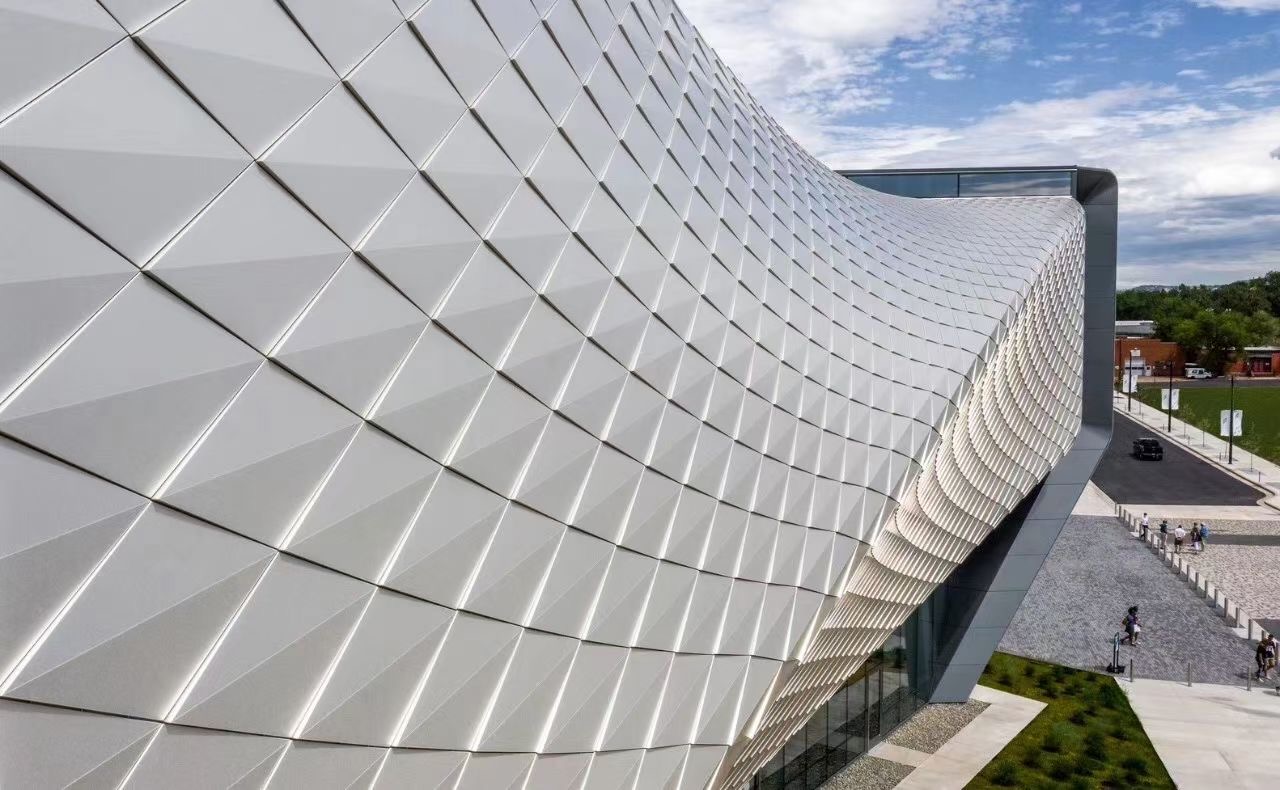
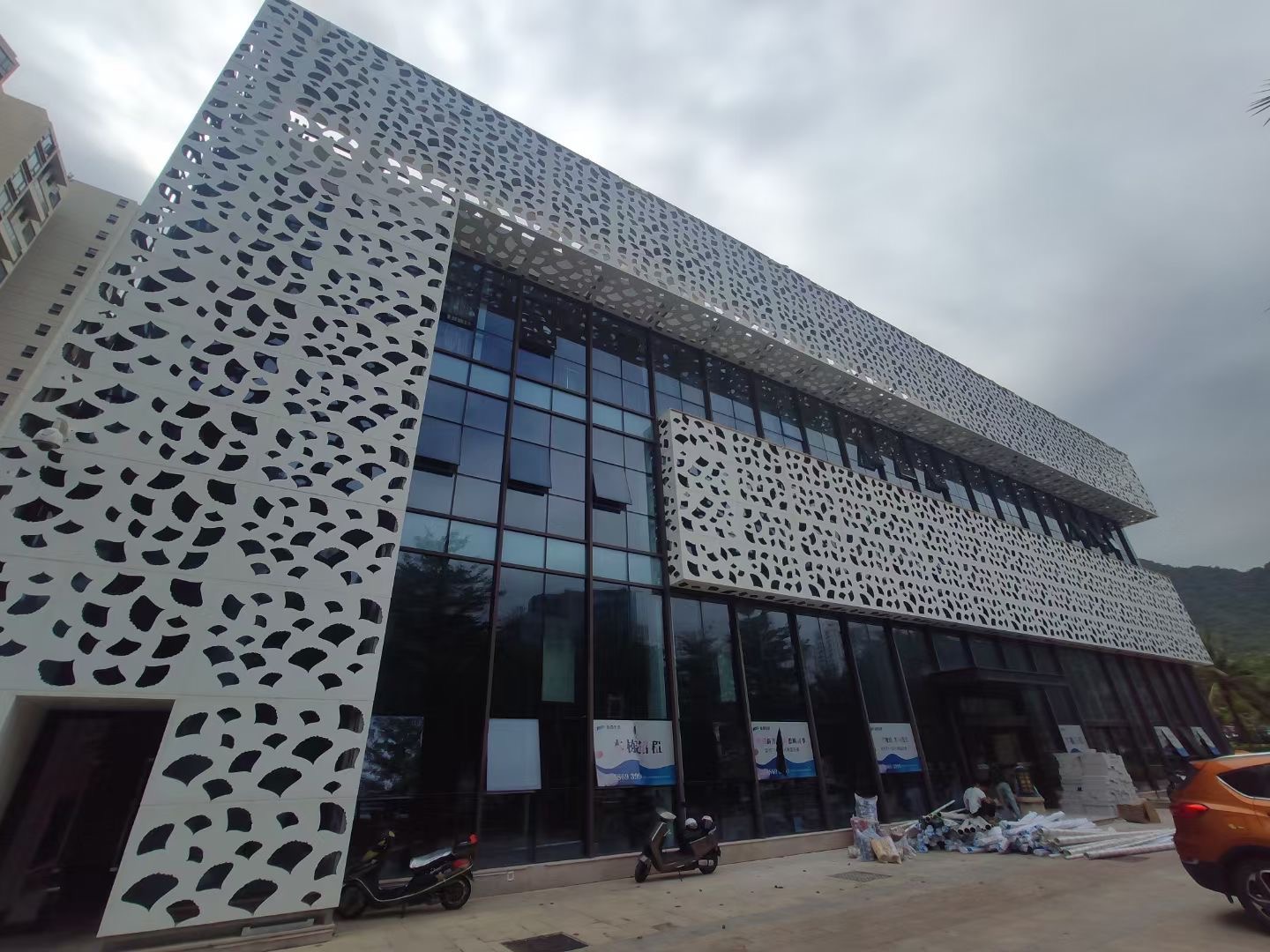
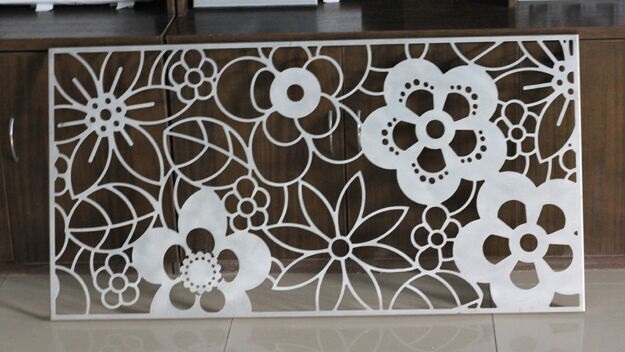
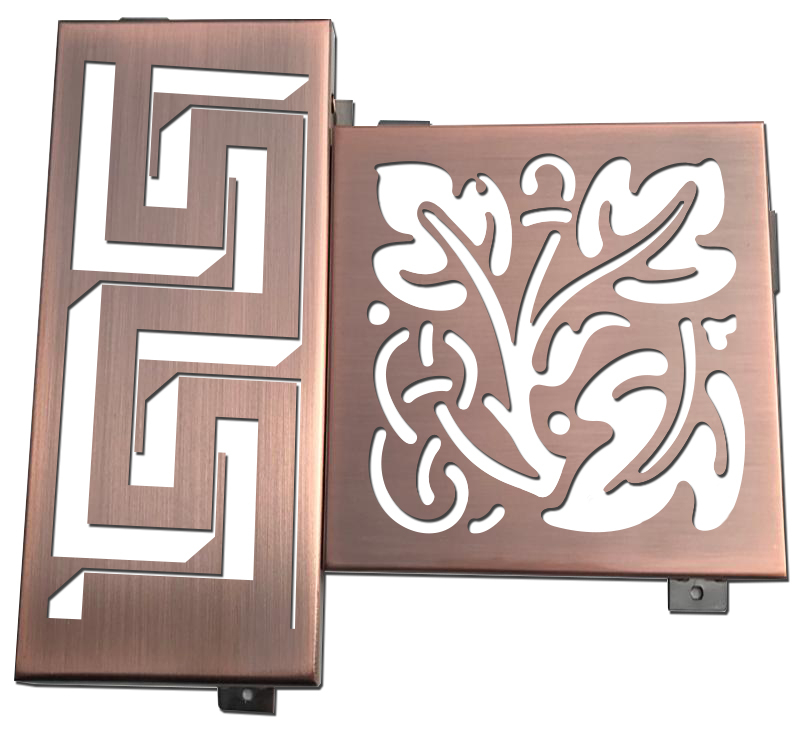
 Customer service QQ
Customer service QQ